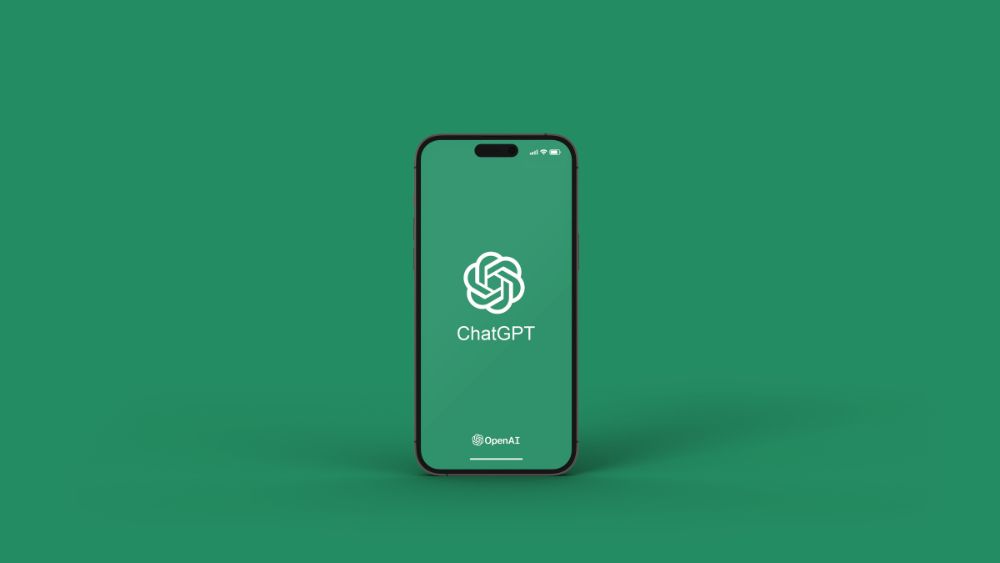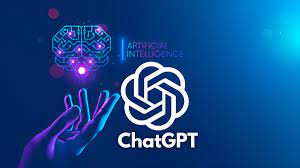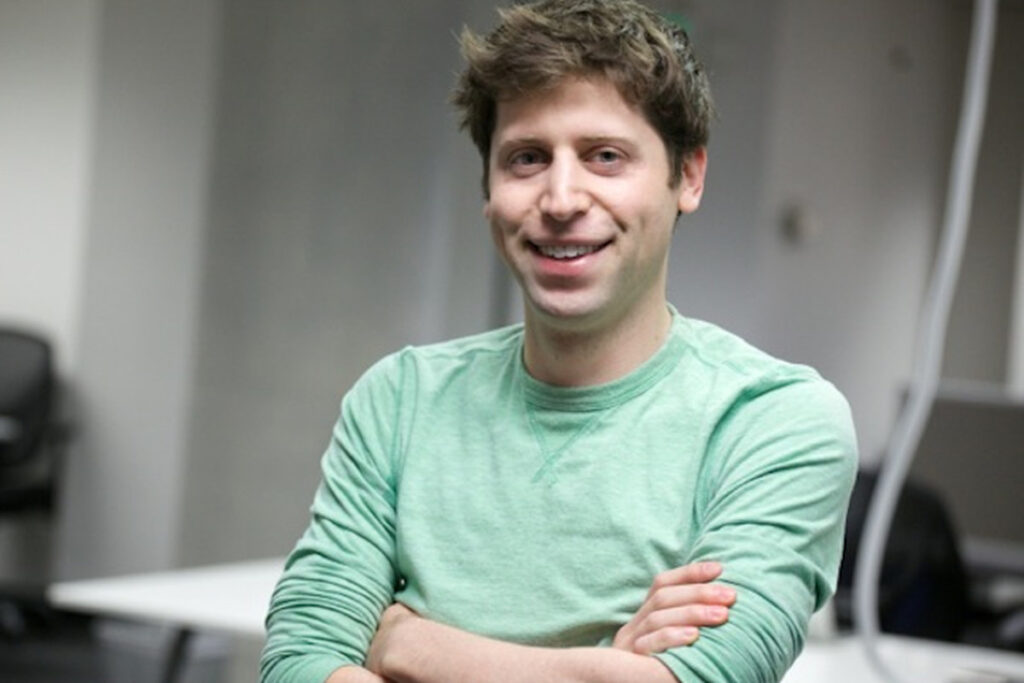The advent of artificial intelligence has ushered in a new era of innovation across various sectors, and the realm of philanthropy is no exception. ChatGPT, a sophisticated language model, is poised to revolutionize the way charitable organizations operate. By harnessing its capabilities, charities can enhance fundraising, volunteer management, donor relations, and program development. This article delves into the potential applications of ChatGPT in the charitable sector, exploring both its benefits and challenges.
Potential Roles of ChatGPT in Charity Work
- Donor Relationship Management: ChatGPT can be employed to enhance donor relations. It can be used to draft personalized thank-you notes, create tailored donor communications, and even provide real-time responses to donor inquiries. By analyzing donor data, ChatGPT can identify donor segments and develop targeted messaging to increase donor satisfaction and retention.
- Fundraising and Campaign Management: ChatGPT can assist in crafting compelling fundraising appeals, writing grant proposals, and developing social media campaigns. It can analyze campaign performance data to provide insights for optimization and identify potential donors. Moreover, ChatGPT can be used to create interactive fundraising experiences, such as chatbot-driven donation platforms.
- Volunteer Management: ChatGPT can streamline volunteer management by handling tasks like scheduling, communication, and training. It can also be used to match volunteers with suitable opportunities based on their skills and interests. Additionally, ChatGPT can provide volunteers with real-time support and answer their questions.
- Program Development and Evaluation: ChatGPT can contribute to program development by generating ideas, conducting research, and analyzing data. It can also be used to evaluate program effectiveness by analyzing feedback and identifying areas for improvement.
- Crisis Response and Communication: In times of crisis, ChatGPT can be employed to disseminate information rapidly, provide emotional support to affected communities, and coordinate relief efforts. It can also be used to create crisis communication plans and train staff on crisis response protocols.
Benefits of ChatGPT in Charity Work
- Increased Efficiency: ChatGPT can automate many time-consuming tasks, freeing up staff to focus on strategic initiatives.
- Enhanced Donor Relationships: By providing personalized communication and support, ChatGPT can strengthen donor relationships and increase loyalty.
- Improved Fundraising Results: ChatGPT can help create more effective fundraising campaigns and identify potential donors.
- Better Volunteer Management: By streamlining volunteer management, ChatGPT can improve volunteer satisfaction and retention.
- Data-Driven Decision Making: ChatGPT can analyze large amounts of data to provide insights for informed decision making.
Challenges and Considerations
- Data Privacy: Handling sensitive donor data requires robust data protection measures to prevent breaches.
- Accuracy and Reliability: While ChatGPT is improving rapidly, it is not infallible and may generate inaccurate or misleading information.
- Ethical Implications: The use of AI in charity work raises ethical questions about transparency, accountability, and the potential for bias.
- Job Displacement: There is a concern that ChatGPT could replace human jobs, leading to unemployment in the nonprofit sector.
Ethical Considerations
To ensure the ethical use of ChatGPT in charity work like SASSA Status Check must prioritize transparency, accountability, and fairness. They should be transparent about the use of AI, explain how data is collected and used, and establish clear accountability mechanisms. Additionally, steps should be taken to mitigate bias in AI algorithms and to protect the privacy of donors and beneficiaries.
Conclusion
ChatGPT presents a promising opportunity to transform charity work by increasing efficiency, improving donor relationships, and enhancing program effectiveness. However, it is essential to approach the implementation of ChatGPT with caution and to carefully consider the potential challenges and ethical implications. By addressing these issues and leveraging the technology responsibly, charities can harness the power of AI to create a more impactful and sustainable future.
As AI continues to evolve, it is likely that the role of ChatGPT in charity work will expand. It is crucial for the nonprofit sector to stay informed about AI developments and to explore new ways to leverage this technology to benefit their missions.
Check Also: What is Chat GPT Stock & How To Buy It



